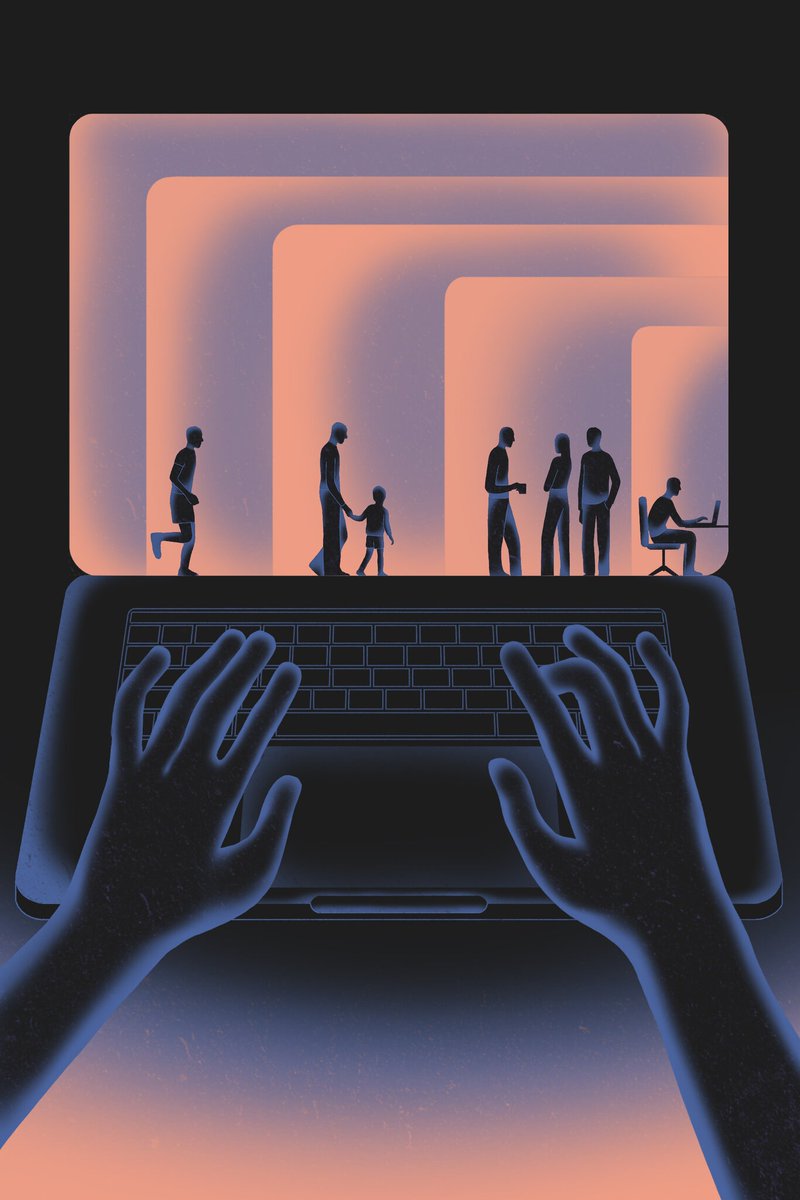A little summary with the best quotes from @annehelen's great piece "Are You Sure You Want to Go Back to the Office?" from @nytimes' Let's Start Over, an Opinion series on what life will look like in 2021.
(A thread for Future of Work enthusiasts)


(A thread for Future of Work enthusiasts)



"People don’t really want to get back to the office. They want to get out of their apartments, their houses, their parents’ houses. They want their children back in school, and also out of the house. They want to see people’s faces again and have conversations."
"Many companies are preparing to bring employees back. But old annoyances will be right on schedule. The commute will still be long; there will still be too many meetings and time-sucks; it’ll still feel like a mad rush to get out the door in the morning or get dinner at night."
"The future of office work is flexibility. People will be leaving their homes, having conversations, working with others — which is what they actually miss when they say they miss the office. They’ll just be doing it more on their terms than ever before."
"No one should be allowed to go to the office every day — it’ll just become another way to prove yourself the better, more present worker. Employees most likely to embrace the flexibility of WFH are the same people expected to perform the majority of labor in the home: women."
"The default setting right now is that you just see people in the office, and that’s how you manage them. But now people actually have to learn how to communicate about the work that you’re doing, about productivity, about expectations." Quote by Adam Segal from @coveHQ
"If you take the train into the city only once a week, that day becomes useful: a time for collaboration and ideas, instead of just another day spent endlessly toggling between emails and meetings, doing everything and getting nothing done. It might actually feel productive."
"Workers are going to have a higher quality of life, more time with their kids, more connection to their communities. They’ll be able to live where they want, stop paying exorbitant rent. They might even figure out how to work less, simply by being able to concentrate more."
"Old flexibility was for hirers, not employees. They wanted a workforce that could be expanded and reduced quickly, that wasn’t yoked to the company through long-term contracts, faint ideas of loyalty, or union demands. In short, they wanted disposable workers."
"The “flexible” ethos was sold with the language of choice — to be a freelancer or a contractor — even though it was often “freedom” to work more, for less pay, with far less stability. This left companies with a burned-out, less productive, and ever more alienated work force."
"For the rich, and for the office worker whose skills are in demand, the Covid-19 recession has been over for months. With that sort of economic stability brings the ability to innovate and think about what “flexible” could mean moving forward."
"But actual work-life balance — the kind that comes with health care and the ability to someday retire — should be for everyone, not just programmers and web designers. The genuine flexibility to make work secondary."
"Our challenge now is to make sure it doesn’t worsen the ever-widening divide in American society between those promised a new vision of the balanced life, and those for whom “flexibility” means effacing your needs and dreams, once again, to the fickle demands of your employer."

 Read on Twitter
Read on Twitter


